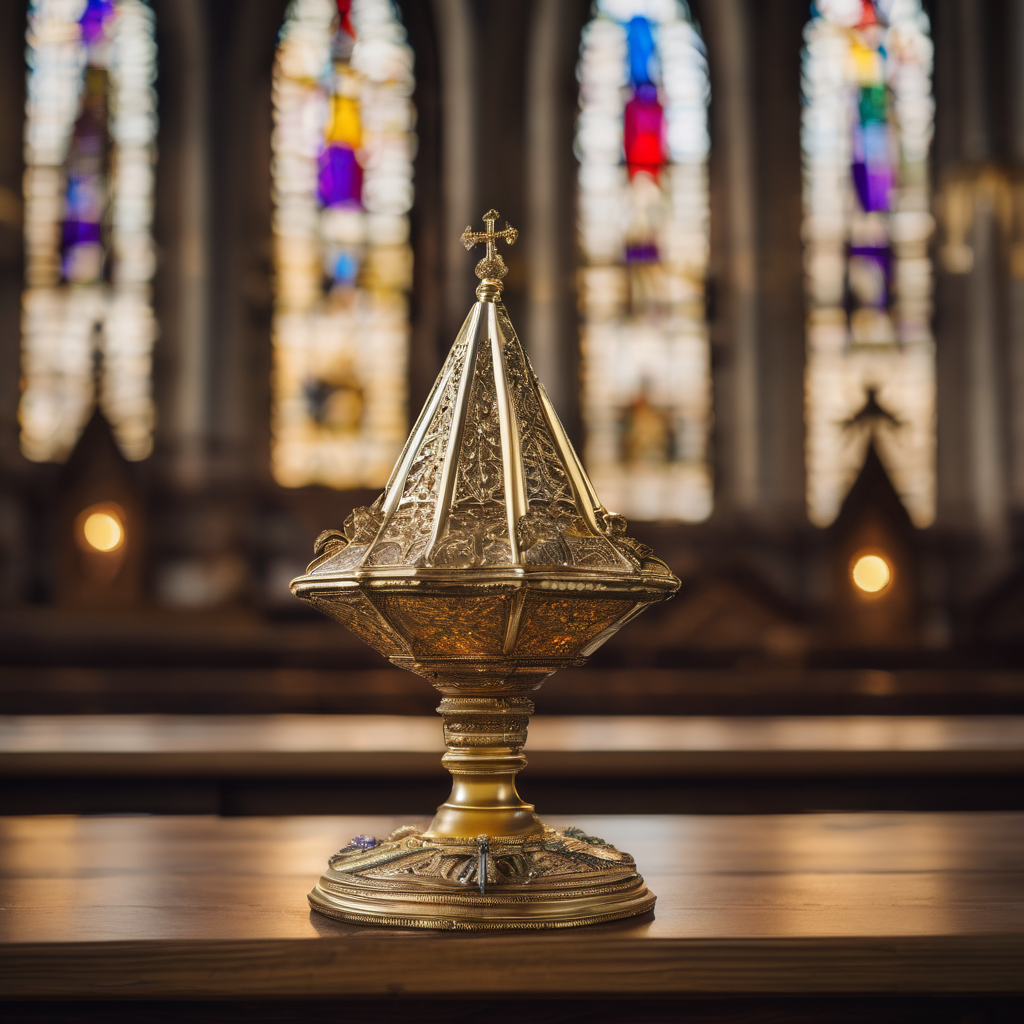The Church of England has appointed Sarah Mullally as the next Archbishop of Canterbury, making her the first woman to assume this prestigious role in Anglican Christianity worldwide. Her appointment, announced on Friday, has already sparked immediate backlash from conservative church leaders, particularly in Africa.
Mullally, aged 63 and a former chief nursing officer for England, steps into a role that has been historically contentious, especially regarding the Church’s stance on women’s roles and LGBTQ+ inclusion. As Archbishop, she will confront a Communion that is notably divided between conservative and liberal factions, particularly over issues surrounding the ordination of women and the acceptance of same-sex marriage, which remains illegal in several African nations.
While her appointment has been celebrated by many in the UK, it has drawn criticism from leading conservative figures. Laurent Mbanda, the Archbishop of Rwanda and chairman of a global conservative Anglican network, expressed doubt that Mullally’s leadership would unite the Communion, claiming she represents a drift away from traditional biblical values. Similarly, a Nigerian bishop stated the appointment is “very dangerous” and insists that women should remain subordinate to men within the Church hierarchy.
Mullally, who has supported same-sex blessings throughout her tenure as Bishop of London since 2018, acknowledges the ongoing struggles within the Anglican Communion regarding these significant issues. She highlighted her intention to promote flourishing ministries across all traditions within the Church in her inaugural address at Canterbury Cathedral.
In her role, Mullally is also focused on addressing safeguarding improvements and the misuse of power following recent scandals within the Church, as well as condemning rising antisemitism, particularly in light of a recent tragic attack on a synagogue in Manchester.
While the Church of England has embraced female leadership, allowing women to be ordained as priests and bishops for over three decades, many churches in Africa and Asia have rejected these reforms, affirming their own governance while recognizing the Archbishop of Canterbury as a ceremonial figure.
Mullally’s predecessor, Justin Welby, resigned amidst criticism related to a child abuse cover-up. In her address, Mullally emphasized the challenges of navigating faith in a world that craves certainty, while also addressing the current violence and hatred present in society.
Drawing on her experiences as a healthcare leader, Mullally expressed the importance of empathy and support within ministry, comparing the roles of nursing and clergy as service-oriented endeavors that prioritize caring for individuals in their most vulnerable moments.
The announcement of her historic appointment was made by the Prime Minister’s office and sanctioned by King Charles, reflecting the Church’s established status in England. Many see Mullally’s leadership as a hopeful step towards greater inclusivity and understanding within the Church and the wider Anglican community, paving the way for progress and unity in the face of longstanding divisions.
